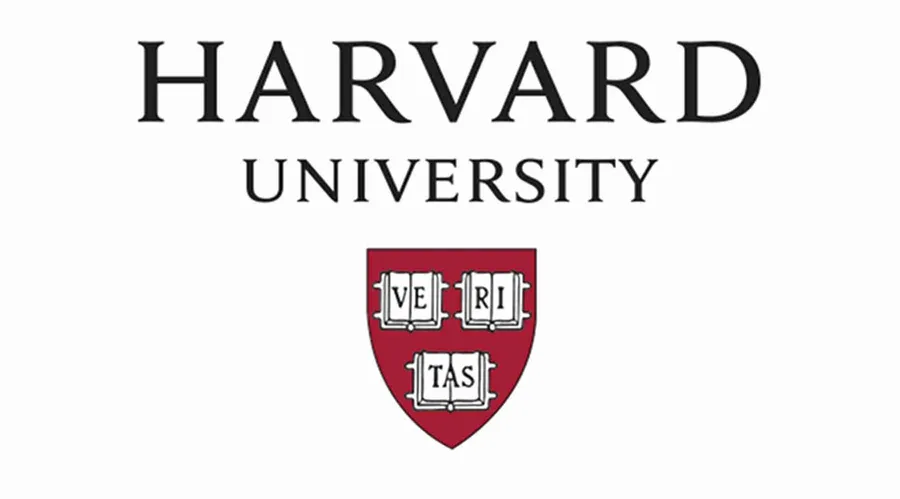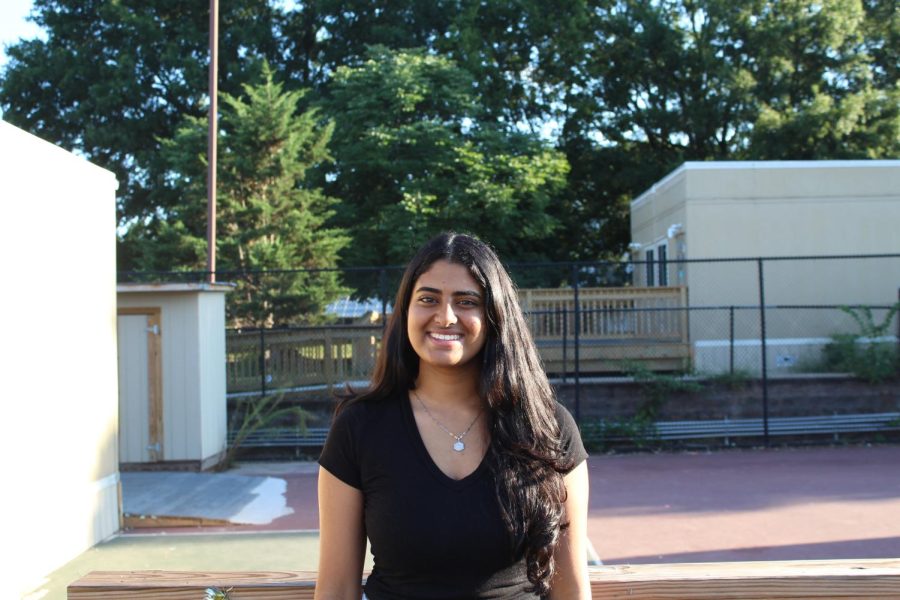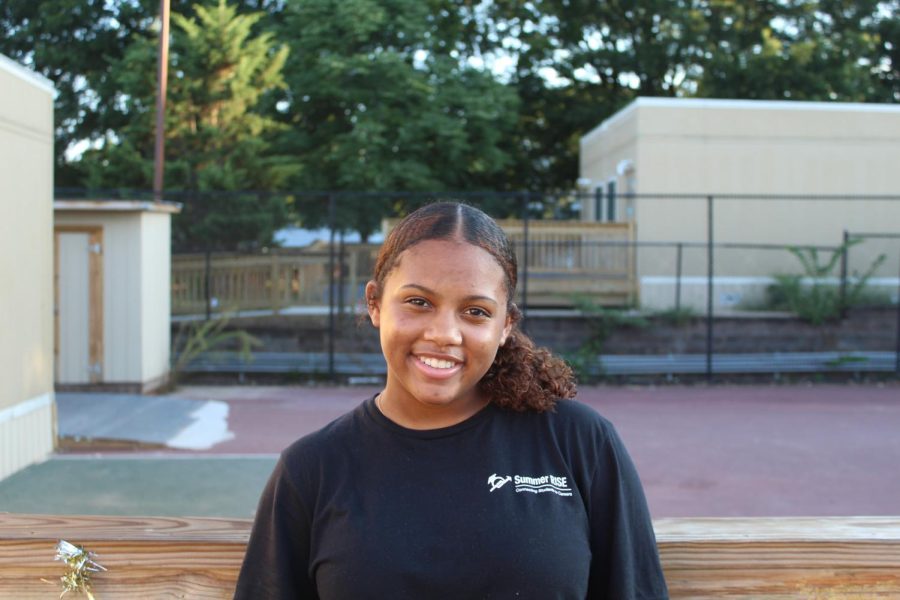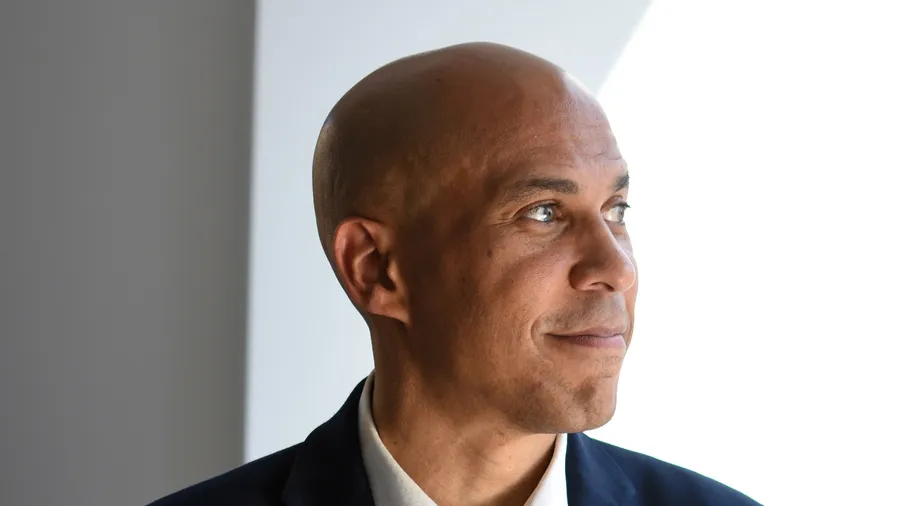Harvard University recently announced it is expanding its financial aid program, making their institution more accessible to middle-income families. The change would mean families earning up to $150,000 annually will now pay nothing for tuition, while families making under $85,000 receive full financial support, including room and board. This expansion is making waves across the country, especially among high school students/seniors currently deciding where to attend college.
Poolesville High School Senior Jason Liaw says the news couldn’t have come at a better time.
“When I first applied, I wasn’t sure if my family would qualify for enough aid to make Harvard an option,” he said. “Now, with the expansion, I feel like attending could actually be financially possible.”
Liaw, who applied to Harvard this school year, said he represents many students in a financial aid area, those who aren’t low-income enough for full aid but still struggle with the high cost of elite universities.
“This change helps students like me who might not have considered Harvard before,” said Liaw.
For students already attending Harvard, the policy shift is being welcomed with open arms. Sarah Cho, a 2023 Poolesville graduate and current Harvard sophomore, says this expansion would have eased the pressure her family felt during her application process.
“I was lucky enough to receive financial aid when I committed, but if this expansion had been in place, it would have made my decision even less stressful,” Cho said
She added that the financial aid landscape often overlooks middle-income families.
“Harvard already tries to make college affordable, but this change makes a huge difference for middle-income families who often get overlooked in financial aid discussions,” Cho said, “They also help bring more diversity, financial and otherwise, to the campus.”
Harvard’s new policy is seen by many as a step towards reducing the perception that top-tier universities are only accessible to the wealthy. It’s also expected to influence other elite institutions to review and potentially expand their own financial programs.
Liaw hopes this is just the beginning.
“I think colleges should follow Harvard’s lead,” Liaw said, “Affordability shouldn’t be the thing stopping someone from chasing their dream school.”


















